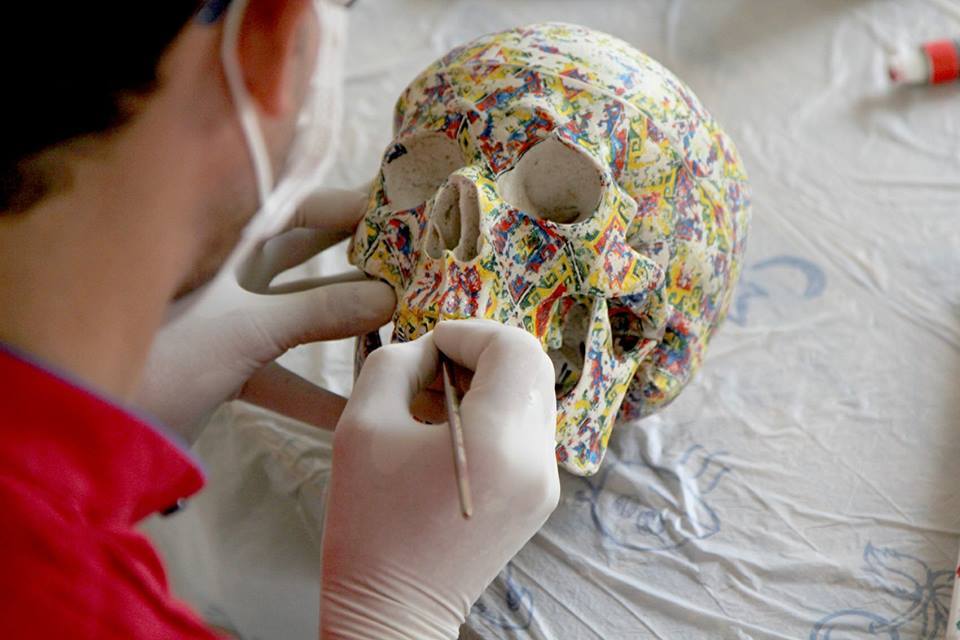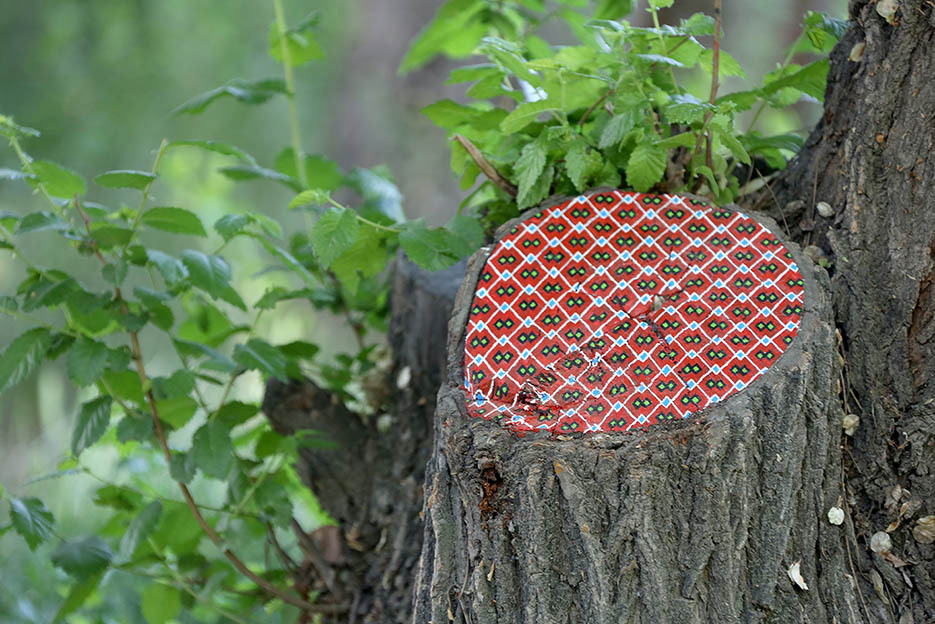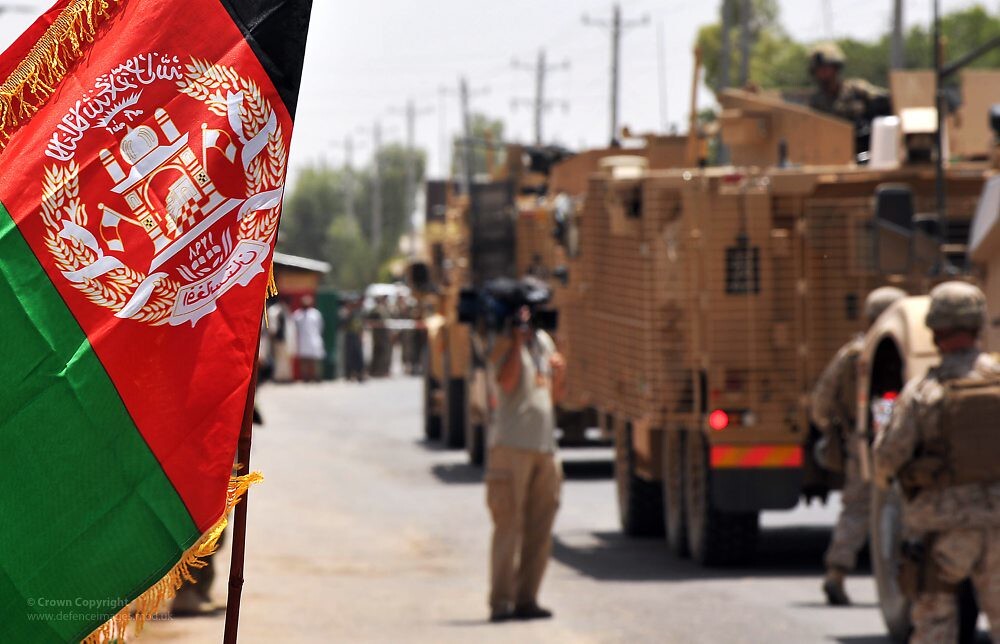

After living under a constant threat of being abducted by the Taliban, a twenty-seven-year-old Afghan artist from Kabul arrived in London last week to pursue his Masters in Fine Arts at Goldsmiths, University of London.
Altaf*, who worked as an art professor at Kabul University, held his Goldsmiths offer for more than a year while he arranged enough funds to move to London.
However, he struggled to obtain a student visa when the Afghan government fell, and commercial flights stopped operating from Kabul. He lost his job, his savings, and his artworks, many of which are left behind.
He is now a postgraduate student at the university, on a scholarship that is fully-funded by Goldsmiths.
“The immigrations team at Goldsmiths helped me immensely by guiding me at every step. If I had any questions, they would point me in the right direction.
They even arranged for my scholarship and I have to bear no cost for the fees”, he said.
Altaf and his wife belong to the Hazara community, which is specifically targeted by the Taliban for their religious differences.
When the news of the Taliban takeover hit, Altaf and his wife found themselves locked in their home for days with little money and a meagre supply of food and essentials.
With only his mobile phone serving as a connection with the outside world, Altaf then appealed to his fellow students at Goldsmiths through a Facebook group and found volunteers to help him escape from Kabul.
“It was all extremely stressful. We couldn’t sleep for days, but we had these people on a Facebook chat group who each tried hard to apply for a visa from different countries like Japan, Spain, India, America, Canada and even the UK and wrote to the university on my behalf.”
“Some of them even offered to pay for our tickets, and gave us a lot of hope in those dark times”, he added.
In their attempts to flee Kabul, Altaf and his wife faced not just the prospect of being killed, but also encountered fraudsters online who claimed to run rescue missions with the help of the American army, in exchange for bitcoins.
The couple had to deal with the trauma of having a friend kidnapped by the Taliban, and nearly got arrested on their way to the Kabul airport.
They hid their phones out of fear of them being tracked by Taliban members, some of whom had infiltrated the support group on Facebook that Altaf was using to get help.
Weeks later, when the tension on Kabul’s streets had simmered down, Altaf managed to get on a flight to Islamabad with the help of his contacts at an American university as well as the Afghan American Artists And Writers Association.
While in Pakistan, he found support in the form of a visa agency that helps students process visas to study in the UK.
“I was very new in Pakistan and didn’t know what to do. I was so lost”
“I was gradually guided by my friends and the people at Goldsmiths university. I still had no hope that I will get a visa, the home office took some time. There was so much uncertainty”, he elaborated.
Amid this chaos, when he eventually got his visa, the American Afghan Artists group booked Altaf’s tickets to London, but back in Kabul men had started looking for him.
His parents and siblings, who are still in Afghanistan, continue to live on the edge. His younger sister can no longer go to school and he finds himself incapable of helping her.
Like him and his family, thousands of Afghan refugees are still living in a state of flux.
The British government last week came under heavy criticism for the slow roll-out of their Afghan resettlement plan.
Under the plan, twenty thousand eligible Afghans were to be given sanctuary in the UK, but this has still not been implemented, prompting fears that by the time the refugees get their visas, it may be too late for many.
“I pray for my family and friends who are still in Kabul, and really hope they too someday manage to be safe”, he said.
*Name changed for security reasons

